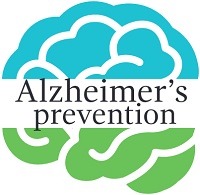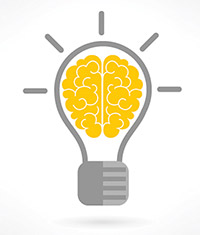“Food should be prepared in such a way that it will be appetizing as well as nourishing. It should not be robbed of that which the system needs. I use some salt, and always have, because salt, instead of being deleterious, is actually essential for the blood. (CD 344.2)” “We bear positive testimony against tobacco, spirituous liquors, snuff, tea, coffee, flesh meats, butter, spices, rich cakes, mince pies, a large amount of salt, and all exciting substances used as articles of food. (CD 468.3) “Eating too much sodium is linked to health problems, such as high blood pressure, stroke, heart disease, and kidney disease, and contributes to osteoporosis (sodium increases calcium excretion)…. As salt (sodium) intake goes up in a nation, so does the risk for high blood pressure, early heart attacks, stroke, and early death. New research published in the New England Journal of Medicine estimated the benefit to the health of our nation if we simply reduced salt intake by half (decreasing sodium intake by1,200 mg/day). New cases of coronary heart disease would decrease by 60,000 per year. Strokes would decrease by 32,000 per year. Heart attacks would decrease by 54,000 per year. Deaths from any cause would decrease by 44,000 every year. The recommended intake for sodium is less than 2,300 mg/day for healthy young individuals, or less than 1,500 mg/day for persons 50 and older, African-Americans, and individuals with elevated blood pressure (120/80 or higher), or persons at increased risk for high blood pressure (obese, inactive, or a family history of high blood pressure). So for better health, eat foods before they have been processed because processed food accounts for 75% of the sodium in the average American diet! ((Making Healthy Choices Newsletter, Issue 53, March 2010) (Italics added)



